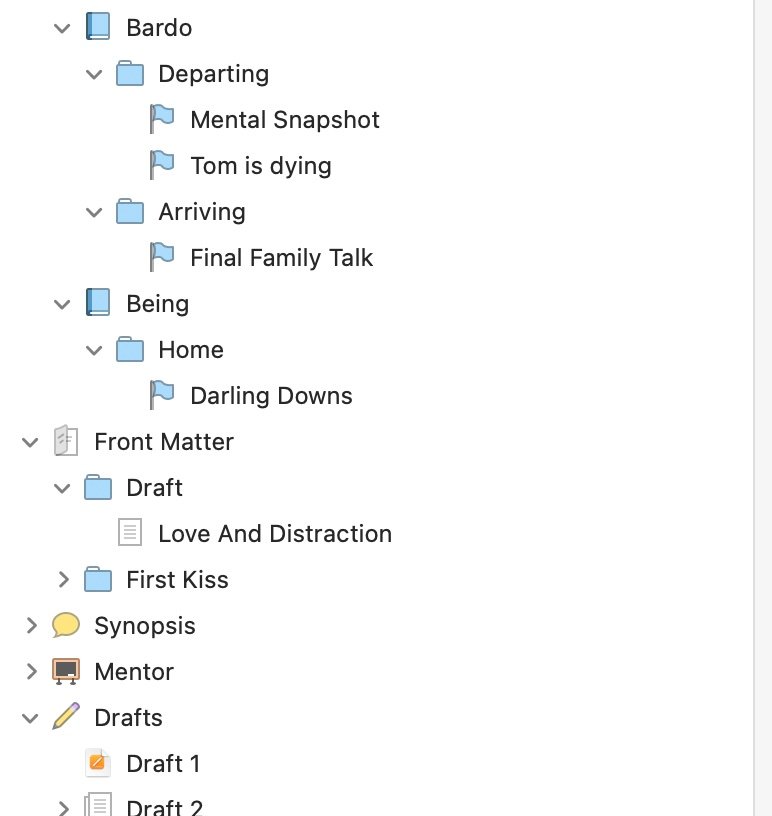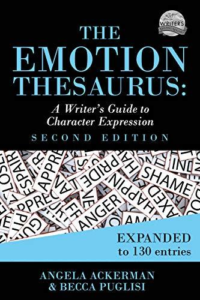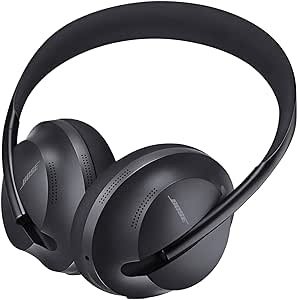I’ve never published any of my own work, so I’m in no position to give any form of writing advice to anyone. And completely ignoring my lack of qualifications to advise, here are my essential pieces of kit for an aspiring writing life.
Laptop and Backpack
I always carry a laptop around with me in a nice solid backpack. I look like Moss from the IT crowd, buzzing around the city with my satchel on.
Whenever I’m waiting for anything, I whip out my macBook, craft an impromptu writing desk out my backpack, and crack on with the current writing project. I used to dread delayed trains, long flights, and waits for medical appointments, but now I don’t mind them. Out comes the laptop and I’m back in the world of my current novel. All the little nooks and crannies of my life have been nicely filled with writing.
Reference Books
I was mildly surprised that there are so many books about writing – writing about writing seemed weirdly circular, but there is a lot to say. Books about the craft can be inspirational, reflective or instructional, or a combination of all of those. I’ve previously written about my favourites for the aspirant writer, but don’t wait till you read them all. Just write.
A couple of reference books are helpful though, and ease the way. The two I would particularly give a shout out for are …
Saves The Cat Writes A Novel: By Jessica Brody
It was really useful to get some idea of narrative structure early on. When my work in progress was read by experienced writers, the bones of it were already there, and we could concentrate on critiquing the finer points, rather than wading into a massive structural edit.
The Emotional Thesaurus: By Becca Pulgisi and Angela Ackerman
Writing character emotion is hard, especially when showing and not telling. Without some effort and support the characters tend to spend a lot of time smiling and nodding. This reference book is my go to for emotional guidance, so much so that it’s now falling apart.
Noise Cancelling Headphones
A really good pair of noise cancelling headphones is hugely helpful to support the write-anywhere philosophy. Armed with the laptop, a makeshift backpack desk and the headphones, I can write wherever I want, whenever I want. I look ridiculous doing it, with large headphones, balancing a MacBook on my legs, and muttering to myself, but I’m writing and I’m enjoying writing. Nothing can disturb me, short of violent assault or vehicular collisions.
Pop on, zone in, and write it all down.
Scrivener

I’d assumed that Microsoft Word would be perfectly fine to write a novel with. It served me well over my student and professional career (though it did crash during the last week of my Master’s dissertation and nearly took out 3 months work), so using it on this new project made sense.
I was wrong. Scrivener is much better. I was my first cash investment in my writing and here are a few things it helps me with
- Managing the outline in the same project as the main work
- Snapshots of older drafts, comparing them, then rolling back
- Tracking work with flags and icons
- Rearranging, deleting, and reinstating bits and pieces of the work during the edit
- Compiling the finished work into kindle, pdf and so forth. But don’t wait; compile it now, and marvel at what it will look like when it is finished – super motivating.
Coffee
It’s a big thing to write a novel, so lots of little treats along the way is good. Mark mini-milestones, a lovely paragraph, or just turning up and being there, with something nice. Use every (healthy) trick you can to keep your inspiration fresh.
I love a very strong coffee. One or two cups of pitch black caffeine eases me on my way very nicely. And when any more coffee risks detonating my heart, then I switch to English Breakfast tea and drink gallons of that. Hot beverages, a comfy sofa and music through headphones is perfect for me, and my ideal and most motivating way to write.
Writing can be hard, so don’t skimp on the treats.
Photo by Alexander Andrews on Unsplash





